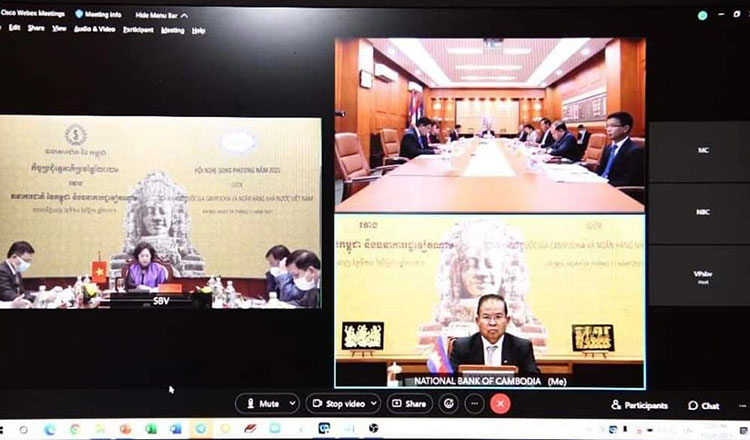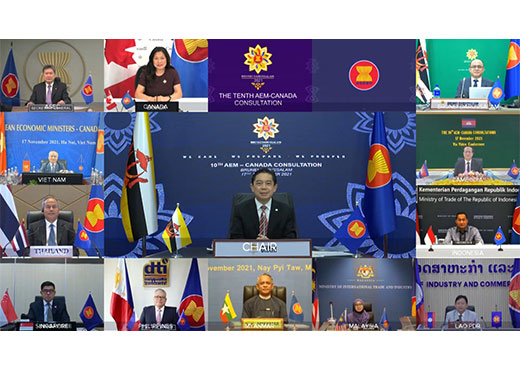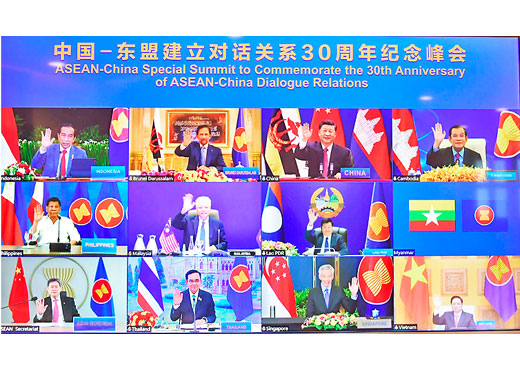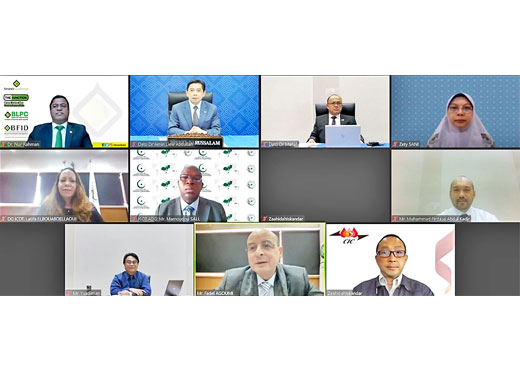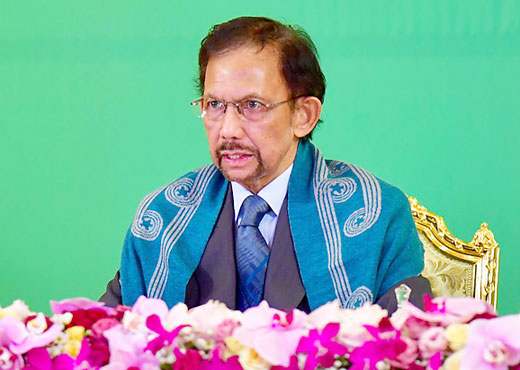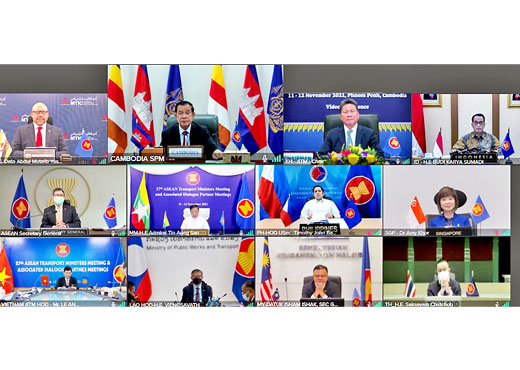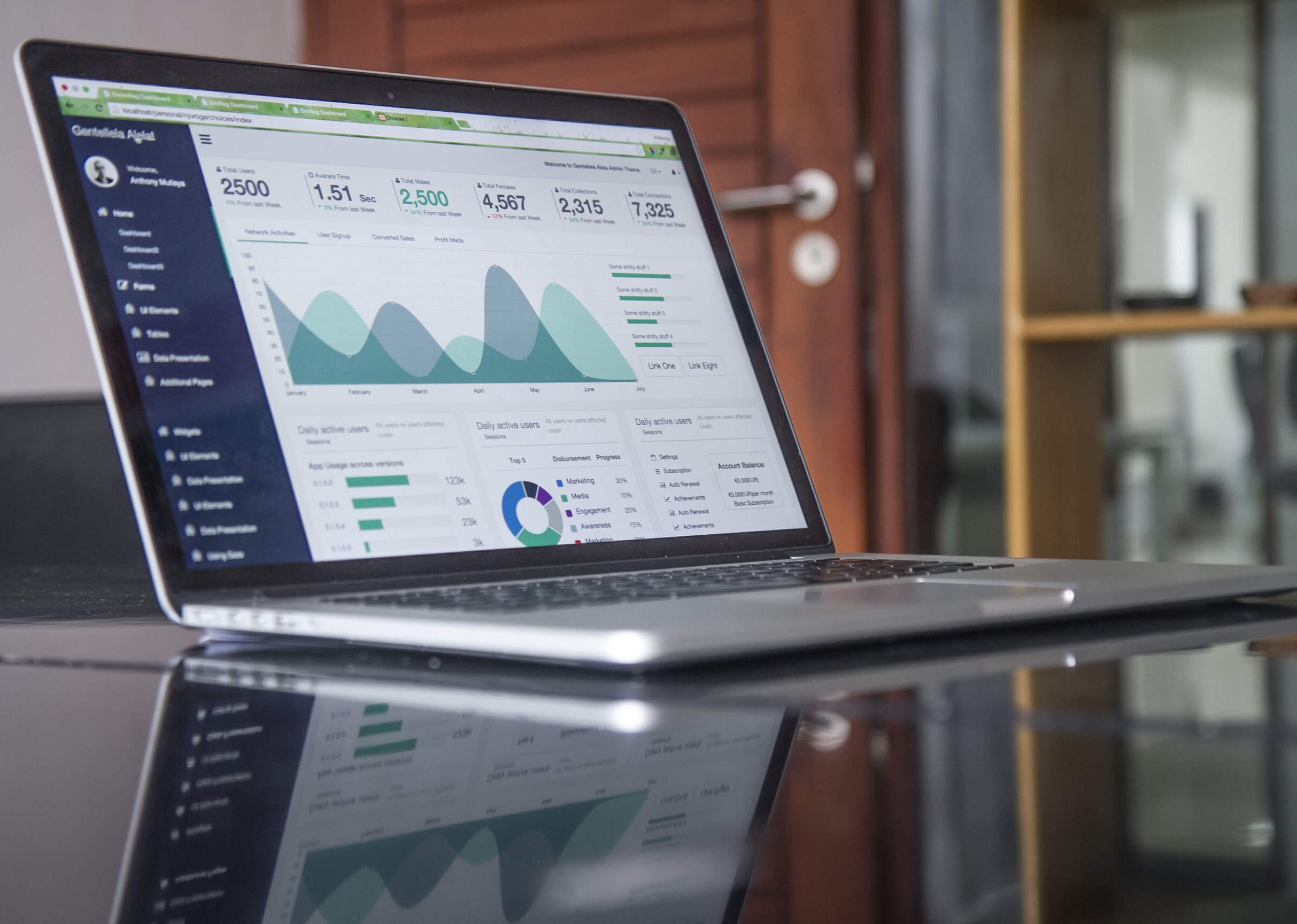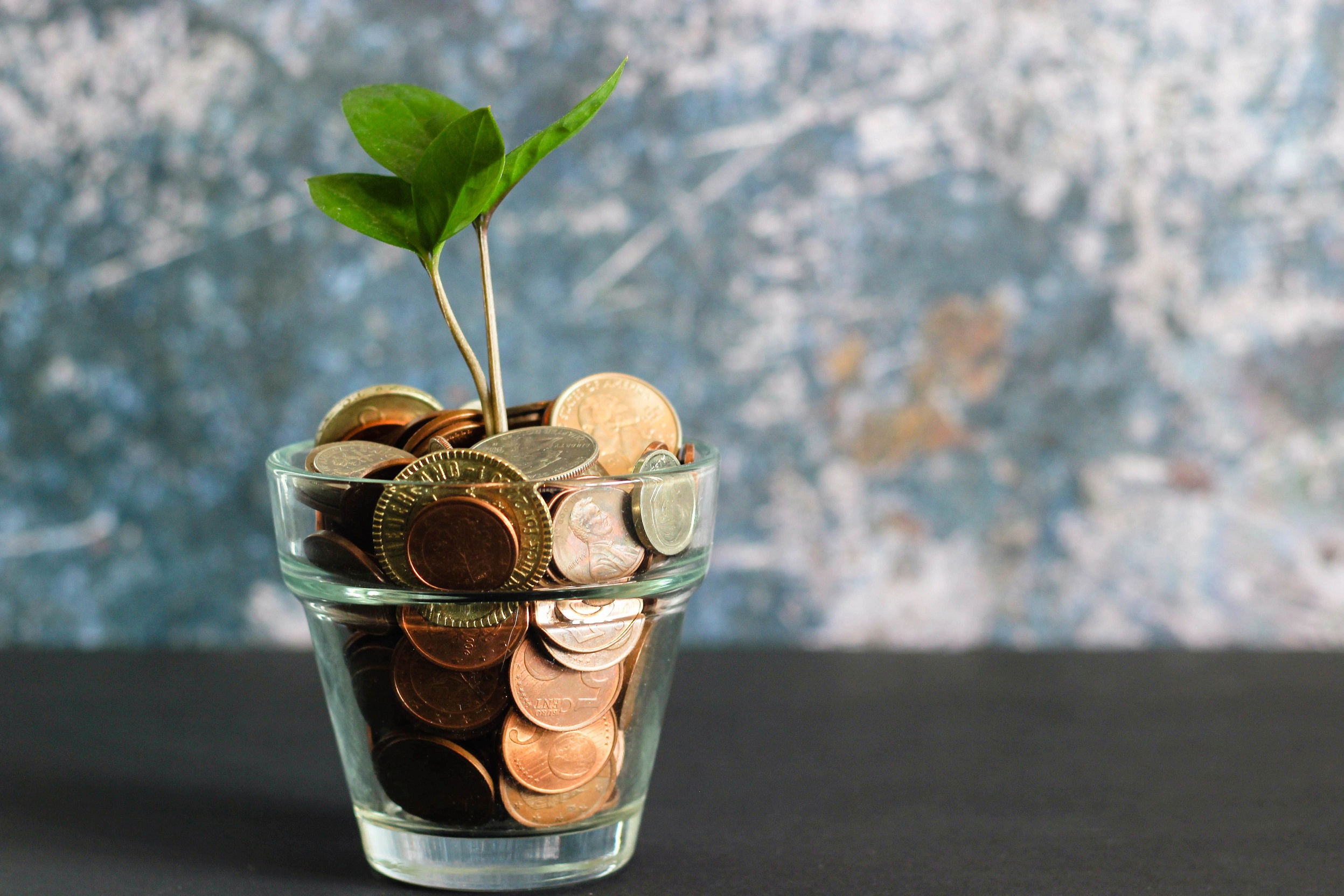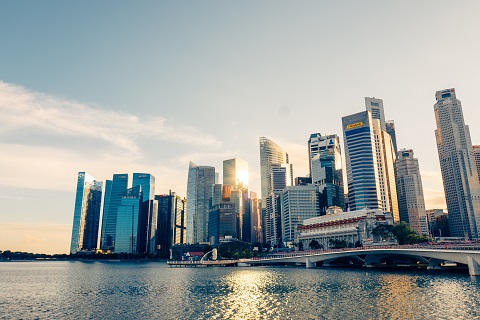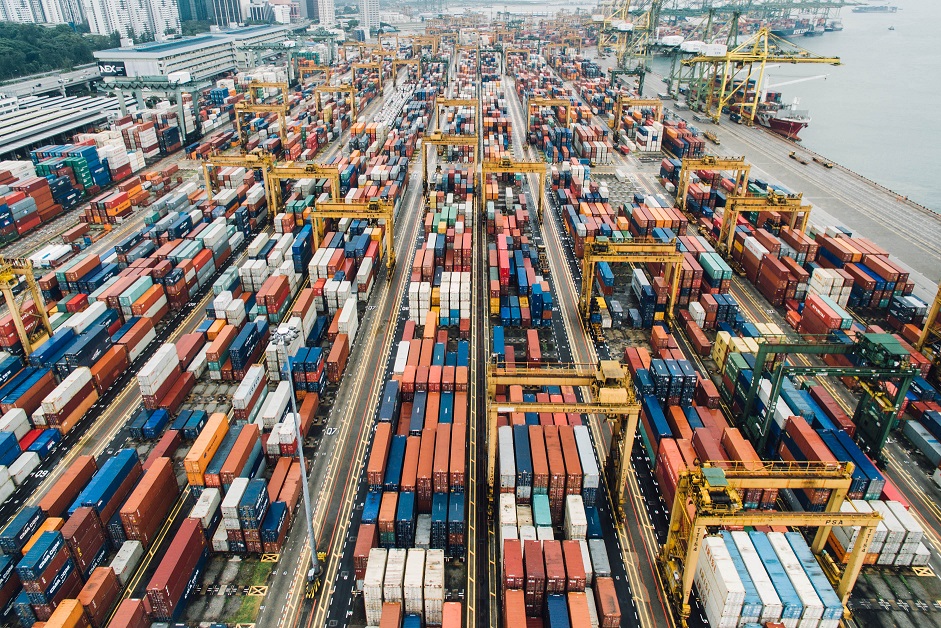ASEAN's role in global sustainable growth is and will be "significant" in the coming years but the region needs to focus on its commitment to open trade and investment, sustainability and continual upgrade through digitalisation.
Indeed, there is "cause for optimism" despite the ever-present risk of new and more infectious variants as Covid-19 has provided the unique opportunity to reset the global economy and society on a pathway towards inclusive and sustainable growth, said Jose Vinals, group chairman at Standard Chartered.
"Companies in Asean that start aligning their products and services with evolving consumer preferences will reap the opportunities that sustainable investment can bring," said Vinals in his speech at the Standard Chartered Asean Business Forum 2021.
He cited the bank's Opportunity2030: The Standard Chartered SDG Investment Map which revealed, for the first time, the scale of the almost US$10 trillion private-sector investment opportunity in contributing to just three of the United Nation's sustainability development goals (SDGs), namely SDG 6: Clean Water and Sanitaion; SDG 7: Affordable and Clean Energy; and SDG 9: Industry, Innovation and Infrastructure.
Specifically, the combined potential private-sector investment opportunity in Indonesia by 2030 is an estimated US$280 billion, he noted.
"With 100 million people across Asean expected to migrate from rural areas to cities between 2015 and 2030, demand for sustainable infrastructure, real estate and more sustainable sources of energy will dramatically increase."
The other large area of focus is digitalisation which, said Vinals, drives more than just innovation now. "It is about how we can have business continuity, sustainability, and inclusivity," he said.
A key growth pillar
With Asean projected to have a digital economy of at least US$300 billion by 2025 - showed estimates in the annual South-east Asia e-Conomy report by Google, Temasek and Bain & Co - this is expected to be a key growth area for the region.
Already, sectors that embrace the digital economy are winning.
In response to a question from the audience on how companies can invest in the face of an uneven recovery post-Covid, Benjamin Hung, chief executive officer, Asia, Standard Chartered, noted that in this "K-shaped" recovery, sectors such as e-commerce, communal transportation, food delivery and grocery delivery are winning. "Anything that moves fast to become more digitalised, more accessible and more inclusive will be the winners," he said.
Oliver Tonby, senior partner and core leader at McKinsey's digital capability centre, echoed this point of view.
"If you look at the percent of digital revenue that is captured by the top 10 per cent of companies, in the telecommunications and media industry it is 95 per cent; in the banking industry it is 85 per cent; and in the retail industry, it is 93 per cent," said Tonby.
"So you're seeing a huge drive towards 'winner takes a lot, if not all'. And we've seen it accelerate in the last couple of years. The companies that were ahead on digital transformations before Covid set in are pulling further ahead much faster."
Tonby and Hung were part of a panel of speakers touching on the importance of catalysing Asean connectivity and how companies need to pivot from survival to growth mode in a digitally entrenched manner.
In a world where Covid-19 has catalysed the acceleration of digital evolution and innovation cycles are faster, the rise of e-commerce is not so much due to consumer behaviour change but to companies adopting to the digital reality at a much higher pace than before, said Lazada's group chief strategy officer, Magnus Ekbom.
As these 2 worlds meet each other - the digitally savvy consumer and the company that is adapting to digital platforms - the distinction between e-commerce and commerce may soon disappear.
"Within the next 3-5 years, the term 'e-commerce is going to disappear and there's only going to be 'commerce'," said Ekbom.
And it is companies that successfully translate everything that their existing offline footprint offers - such as customer touch points - into data points that will be the winners, he said.
Commitment to open trade
In his opening comments, Standard Chartered's Vinals noted that a commitment to open trade and investment both within Asean and with its key partners has enabled the region to engage in more cross-border business.
"While impacted by the pandemic, trade and investment within the bloc continued to be very resilient last year," he noted.
Notably, foreign direct investment (FDI) inflows into Asean reached its highest level in 2019 at US$182 billion, making Asean the largest recipient of FDI in the developing world, said the Asean Secretariat's Asean Investment Report 2020-2021. Due to Covid-19, FDI declined to US$137 billion in 2020. But as a proportion of global FDI figures, Asean bucked the trend, with its share of global FDI rising from 11.9 per cent in 2019 to 13.7 per cent in 2020.
Meanwhile, intra-Asean total trade in goods increased by a compound annual growth rate (CAGR) of 4.3 per cent between 2015 and 2019, from US$535.4 billion to US$632.6 billion.
In 2020, due to Covid-19 disruptions, total intra-Asean trade in goods stood at about US$565.9 billion, with CAGR for the period 2015-2020 at 1.4 per cent.
"I think it's very common nowadays - especially last year, when borders were shutting and export controls and bans were popping up all over - to take an of inward-looking, isolationist view of the world," said Gabriel Lim, Permanent Secretary of the Singapore Ministry of Trade and Industry.
But Singapore has been consistent in making the case for connectedness and integration, he said.
In a report on intra-Asean corridor opportunity, part of Standard Chartered's Borderless Business series, the authors noted that Asean will play a bigger role in the global production value chain in view of its heightened connectivity with 5 major trading partners - China, Japan, New Zealand, Australia, and South Korea.
Further, 83 per cent of the respondents surveyed for the report indicated they plan to increase their company's investments in Asean over the next 3- 5 years by at least 25 per cent, once the Regional Comprehensive Economic Partnership is ratified.
"One issue that Singapore has always believed in is that free-trade agreements are not just an economic marriage but in many ways, also a strategic marriage," said MTI's Lim.
"When you have many countries committing to work together to grow together (and) to prosper together, there is a shared interest in one another's success, in their stability and their prosperity," he said.
Singapore is particularly keen to be an advocate for free trade and integration, a catalyst for new trade agreements, and a champion for inclusive growth.
It is clear that South-east Asia, along with the rest of the world, has to think of how to restore growth trajectories in a different way, he said, both by taking advantage of new growth areas such as the digital economy and ensuring that any recovery is enduring and sustainable.
Already, conversations are taking place in terms of frameworks for cross-border data flows, personal data and protection frameworks. Last year for instance, Singapore signed digital economy partnership agreements with Australia, New Zealand and Chile, among others.
Looking beyond digital ecosystems, harmonisation of frameworks and policies can extend to other areas including Covid policies, vaccination, and travel arrangements, said Standard Chartered's Hung.
"Given how disrupted our supply chain has been, I think there's a lot of work that can be done to smoothen out all these wrinkles, whether through trade pacts or cooperation, (or) through really trying to develop a better framework around or intra-Asean, both as an export originator as well as a destination market," he said.
Source: The Business Times
Date: 16 November 2021

